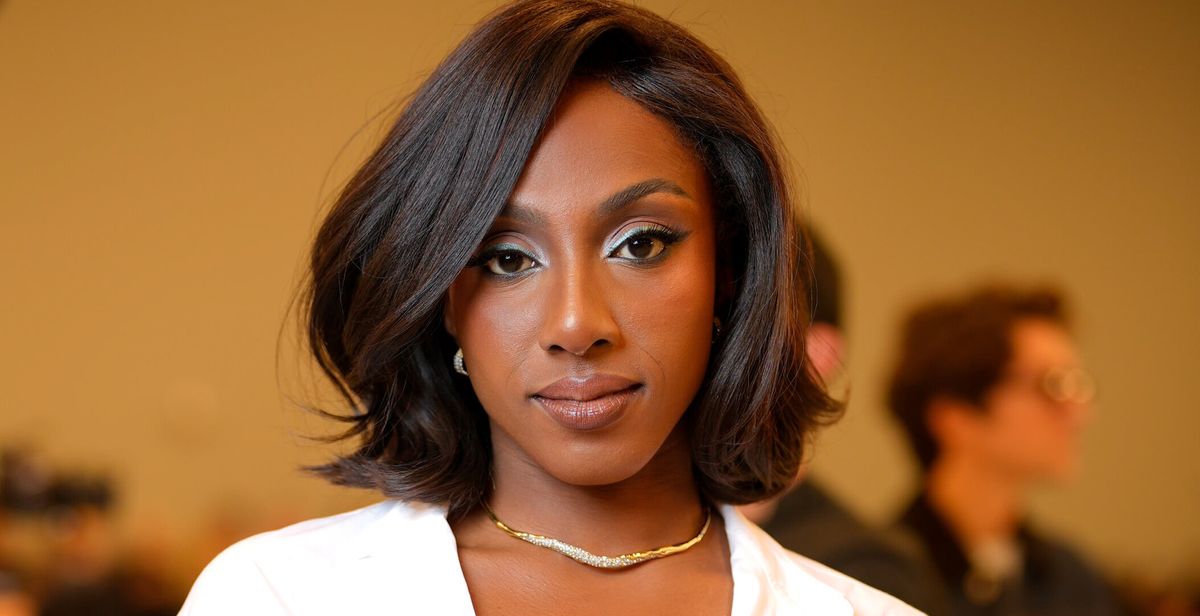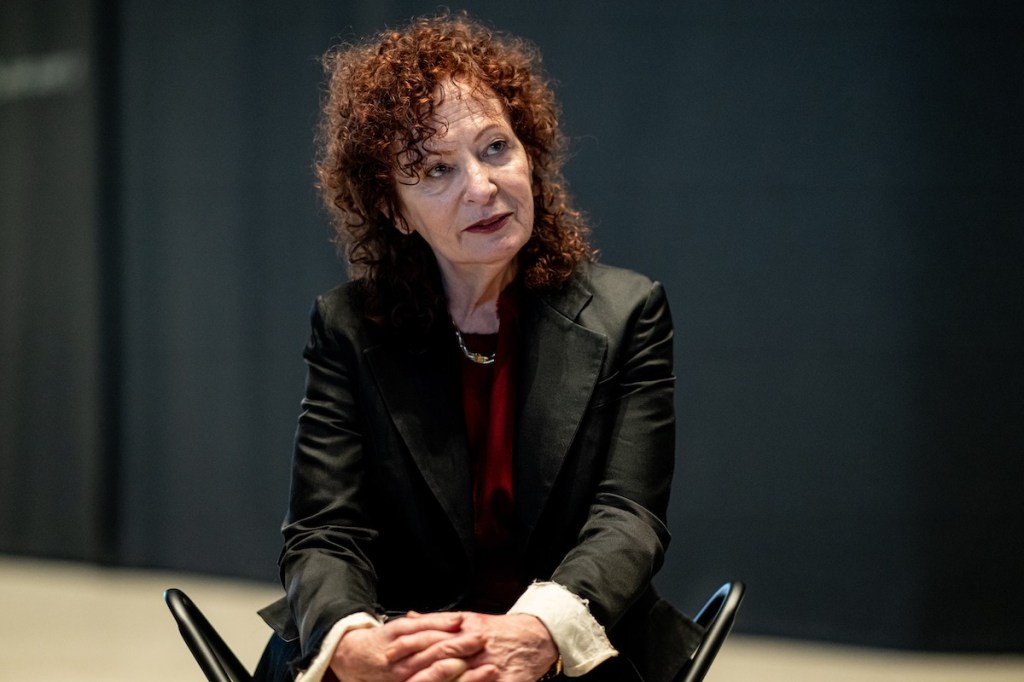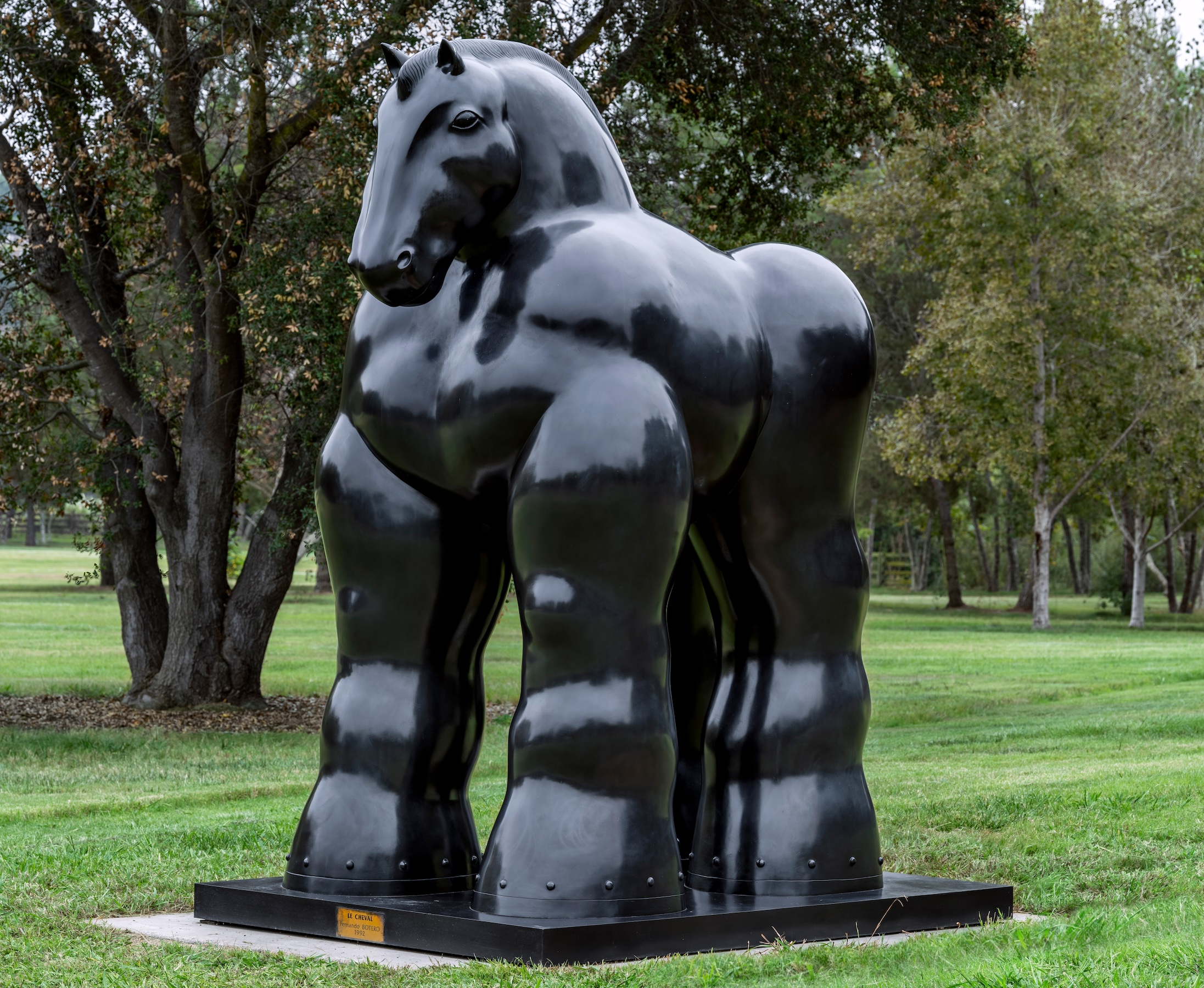As the controversy between Nicki Minaj and Megan Thee Stallion intensified this week, I was taken aback to find a third actor inserting herself into the conversation: Ziwe Fumudoh.
The comedian and TV personality tweeted on Sunday: “.@NICKIMINAJ would you be interested in an interview? you’d be an iconic guest”
Not long after she extended that invitation to Minaj, Fumudoh deactivated her account on X, likely due to the deluge of disappointment, annoyance and public shaming from internet users asking, “Ziwe, girl, what are you doing?”
With the invite to Minaj, she attempted to capitalize on the public ridicule of a Black female gun violence survivor by another Black woman for the sake of viewership. Apart from the fact that Minaj does not need a broader audience to spew misogynoir, invoke Megan Thee Stallion’s late mother and embolden her crazed fan base, Fumudoh’s invitation raises questions about her integrity and utility. The fact that she entertained the idea points to an over-reliance on shock value in her interviews and undermines her talent.
Over the past several years, Fumudoh has hustled her way through the media comedy ecosystem — interning at Comedy Central, then writing for The Onion, Reductress and other media outlets. However, she struck gold when she created “Baited by Ziwe,” a YouTube series in 2017, and then adapted the show for Instagram Live at the onset of the coronavirus pandemic.
The premise of “Baited” was for Fumudoh to “trick” her white friends and associates into “blurting out racial faux pas.” It was entertaining to watch alleged scammer Caroline Calloway bumble her way through the interview trying to count her Black friends. Or cookbook author Alison Roman trying to name five Asian people. Though I was indifferent to the concept, I could understand the appeal.
Fumudoh’s ascent into public consciousness was at its peak in the summer of 2020 and coincided with an onslaught of police brutality and racist violence that spurred a supposed racial reckoning in America. We were exhausted by constant imagery of Black people being killed and delirious with quarantine boredom.
For many, “Baited” was a subtle form of catharsis, a manifestation of a subconscious desire to hold seemingly liberal, “nice white people” to account. On what other platform would you be able to overtly ask non-Black folks whether they actually engage with Black people in their day-to-day lives? Watching people writhe and squirm at the mere mention of race only affirmed what we already knew: Many self-proclaimed “allies” are insincere, living incongruent with their beliefs and expecting applause for the bare minimum.
Since then, Fumudoh has walked the halls of Harvard Law School, released her own book,“Black Friend: Essays,” and earned her spot as one of the few Black women on late-night television. Her Showtime talk show, “Ziwe,” was an understated hit, bringing on sought-after guests like author Fran Leibowitz, actor Drew Barrymore and actor and musician Chet Hanks, whom she interrogated about his contrived Jamaican accent.
But after two seasons, the sun set on “Ziwe,” and Showtime canceled the series. Since then, Fumudoh has returned to her YouTube roots for a 17-minute interview with former U.S. Rep. George Santos (R-N.Y.). The video, garnering more than 1.9 million views, is called “George Santos Answers Hard-Hitting Questions” when, unsurprisingly, he does none of that. Fumudoh does not ask Santos in her charming but forthright way about his staunch support of anti-LGBTQ+ policy or his history of racist remarks, but instead she asks about a “complete list of cosmetic procedures” Santos has had and whether he would shoplift at Ulta versus Sephora.
Fumudoh asks whether he supports a cease-fire in the Israel-Gaza conflict and allows Santos to proclaim his hatred of war while explaining his thoughts on how to “bring peace to the Middle East”…via war. She exposes the hypocrisy in his statement but does not press. Toward the end, the discussion pivots to Santos’ love for attention.
“In the words of Lady Gaga, you live for the applause. Are you like Tinkerbell? If we stopped clapping, would you disappear?” Fumudoh asks. “What could we do to get you to go away?”
In fact, one could argue that self-proclaimed Minaj fan Santos baited her when he responded and said, “Stop inviting me to your gigs… But you can’t, because people want the content.”
But Santos’ searing read has become increasingly prescient, illuminated by Fumudoh’s invitation to Minaj for an interview. In a desperate ploy to garner views or provoke outrage, Fumudoh has resorted to platforming harmful, power-wielding figures to hold the public’s attention — and this isn’t the first time she’s done so. Fumudoh has invited radio host Charlamagne Tha God and “Saturday Night Live” cast member Michael Che on her television series, both of whom have a sordid record of disdain toward Black women.
Radio host Lenard McKelvey, known professionally as Charlamagne Tha God, has been the subject of “disturbing rape allegations” from 2001 leveled by Jessica Reid, who says he raped her when she was 15. While efforts to reopen the case in 2020 were seemingly squashed, Charlamagne continues to deny any wrongdoing, according to Essence. When Charlamagne appeared on Ziwe’s talk show, she asked him plainly about his “beefs” with Black women.
“You’ve maligned Black women,” she said, after rattling off his “beefs” with Lil’ Mama, Mo’Nique, Cassie, Azealia Banks and his own former co-host Angela Yee. “So, why do you hate Black women exactly?”
As Charlamagne dodged the questions and used his proximity to Black women in his life to evade responsibility, Fumudoh vacillated between sincerity and parody. Her concept of baiting seemingly only works in tandem with whiteness; when tasked with the responsibility of interrogating about actual harm from people of color, she flounders.
She then asked Charlamagne to look into the camera and pledge to donate 100% of his salary to Black women’s reparations, an appeal he skirted, instead saying he’d pledge to “help Black women make a lot of money.” Ultimately, the interview left much to be desired.
In 2021, Che expressed his urge to make fun of decorated gymnast Simone Biles, who had stepped away from the Tokyo Olympics to take care of her mental health. On Instagram, he reposted and applauded a slew of vile jokes from his followers about Biles, galvanizing his fans akin to how Barbz mobilized on Minaj’s behalf.
Che reposted this joke from a follower: “Larry Nassar understands Simone Biles better than anyone. He too had to quit doing what he loved at the pinnacle of his career because of mounting pressure.” He rated it a 9 out of 10.
Nassar, the disgraced sports medicine physician, was convicted of sexually abusing multiple athletes, including Biles, while serving as the doctor for the U.S. women’s national gymnastics team. Che has a history of punching down on Black women, notably when he told a Black columnist via Twitter to “get a life” for merely criticizing Che’s “Black Jeopardy” sketch in 2014. The columnist did not even tag Che when she shared the piece, according to Refinery29; he found her post.
When Che appeared on Fumudoh’s “Ziwe,” she talked about him making light of street harassment, his inability to define the words “marginalized” or “patronizing” and his apparent interview jitters. However, she didn’t probe or ask Che to expand upon why he does what he does or the impetus for his urges to make fun of Black women. While Fumudoh’s show has rarely lent itself to serious discourse — nor I am expecting that from her — the vapidness of engaging with these characters is plainly self-serving.
Fumudoh’s bit has devolved from making white audiences uncomfortable to indulging their desire to turn Black outrage and frustration, namely from Black women, into a pay-per-view special. Her biggest supporters have now been subjected to watching misogynoir elevated to the main stage for white consumption.
Her attempt to add Minaj to this roster is no mistake but rather an intentional, attention-seeking move.
Fumudoh’s show, which was once a comedic reprieve, has deteriorated, largely by her own doing. She has shown that what supersedes challenging white comfort is shock and spectacle, thereby rendering herself incongruent with what made her a sensation in the first place.
But at this point, it’s unclear what she has left to offer us.










